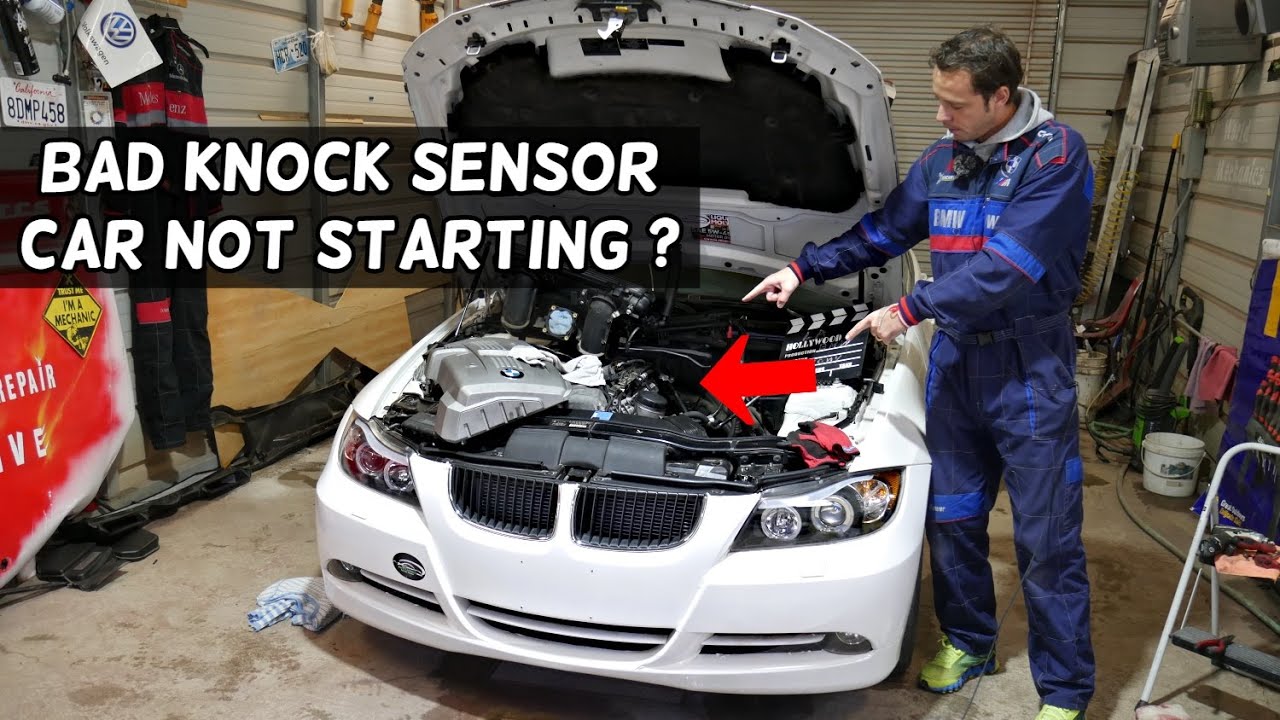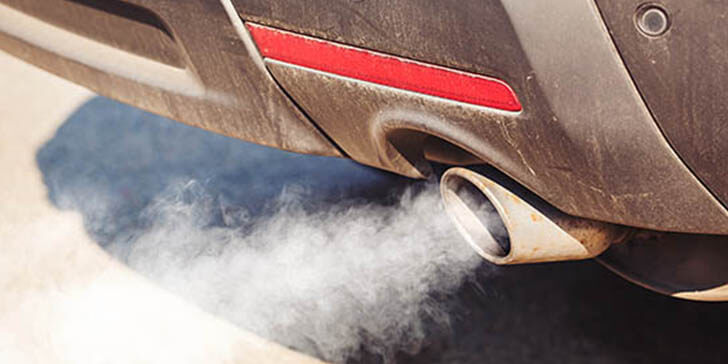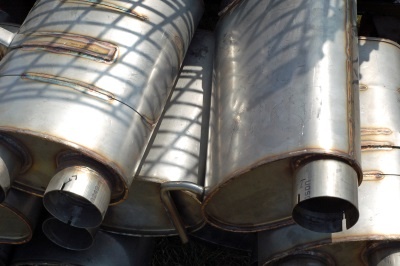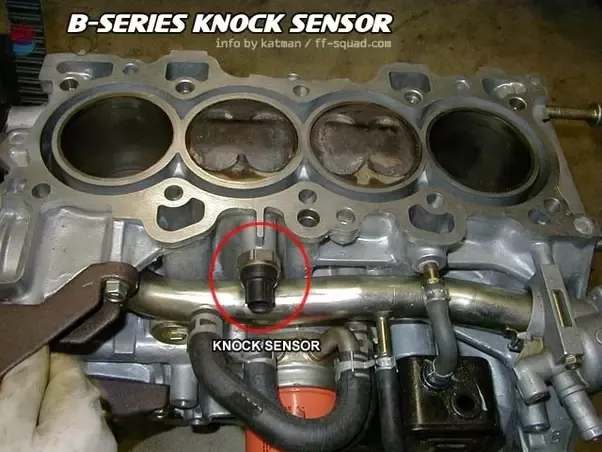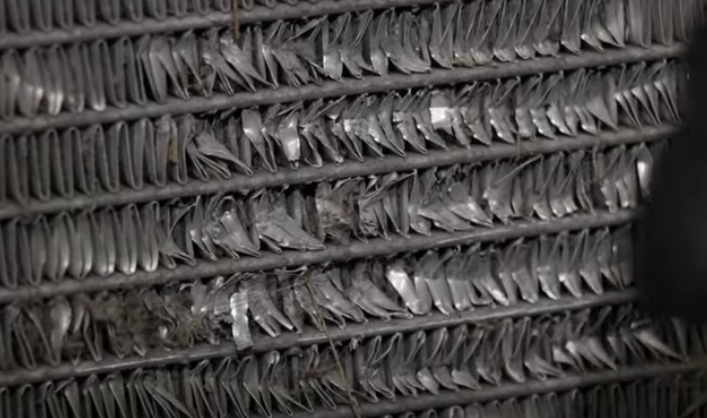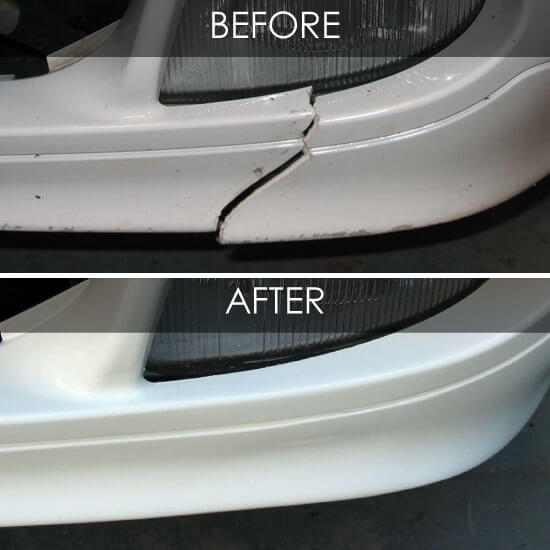Can a Bad Knock Sensor Cause a Car Not to Start
A bad knock sensor typically does not prevent a car from starting. Its primary role is to detect engine knock or pre-detonation.
A vehicle’s knock sensor plays a vital role in maintaining engine performance and longevity. It senses vibrations indicative of pre-ignition or “knocking” and signals the vehicle’s computer to adjust the ignition timing. This adjustment helps prevent internal engine damage. Starting issues in vehicles, on the other hand, often stem from problems with the battery, starter motor, fuel system, or ignition system.
Although a faulty knock sensor can lead to poor engine performance, diminished fuel economy, and increased emissions, it is generally not directly responsible for a no-start condition. Keeping your vehicle’s sensors in good working order is critical for the smooth operation and health of your engine. Regular maintenance checks can help detect sensor problems before they impact other engine functions.
Unraveling The Role Of A Knock Sensor
A knock sensor may seem like a small part of your car’s engine. Yet, it plays a vital role. This sensor is in charge of listening for pings or knocks in your engine. A knock can mean your engine is running improperly. This tiny hero works to keep your engine healthy. But can a bad knock sensor stop a car from starting? Let’s dive into its core functions and importance to understand better.
Core Functions And Importance
The knock sensor’s main task is to safeguard the engine from damage. It picks up vibrations and sounds that are not normal. These are signs that the fuel is not burning correctly. The sensor then tells the car’s computer to make changes. It adjusts the engine’s timing. This prevents damage and keeps the engine running smoothly.
- Protects engine components from premature wear
- Improves fuel efficiency by ensuring proper combustion
- Reduces harmful emissions by maintaining the correct air-fuel mixture
Symptoms Of A Faulty Knock Sensor
A bad knock sensor can lead to many issues. Your car might still start, but there are key symptoms to watch for:
| Symptom | Description |
|---|---|
| Check Engine Light | It may turn on if the sensor malfunctions. |
| Poor Acceleration | The car might feel sluggish and slow to respond. |
| Decreased Fuel Efficiency | More trips to the gas station could indicate a sensor issue. |
| Engine Misfires | It may run roughly or stall unexpectedly. |
While a bad knock sensor is a serious issue, it is not typically the direct cause of a car failing to start. Yet, it can contribute to conditions that prevent smooth engine operation. Always consult a professional mechanic if you suspect your knock sensor is at fault.

Credit: www.quora.com
Link Between Knock Sensors And Engine Ignition
Understanding the ‘Link Between Knock Sensors and Engine Ignition’ is crucial for any car owner. Knock sensors are silent guardians of engine performance. They play a key role in your car’s ability to start and run smoothly.
How Ignition Systems Work
The ignition system’s job is to ignite the fuel-air mixture inside the engine. A spark is created at just the right moment to start the engine. This process involves many parts:
- Spark plugs: ignite the fuel.
- Distributor: routes high voltage.
- Ignition coil: boosts battery voltage.
For an engine to start, all these must work together precisely and efficiently.
Role Of Knock Sensors In Engine Timing
Knock sensors detect engine knock or pinging. They send this info to the car’s computer. The computer then adjusts the engine timing. This prevent damage and keeps the engine running smoothly.
If a knock sensor fails, it can lead to incorrect engine timing. This could mean:
- Poor fuel economy.
- Reduced engine power.
- Engine misfires.
A bad knock sensor can trick the computer. It may prevent the engine from starting to avoid damage.
Troubleshooting A Non-starting Engine
When your car refuses to start, it feels like a puzzle. Under the hood, a symphony of parts must work in harmony for that satisfying engine hum. Sometimes, a faulty knock sensor is the culprit. Let’s dive into diagnosing this issue and uncover other common causes of car starting problems.
Diagnostic Methods For Knock Sensors
Figuring out if a knock sensor is to blame starts with understanding its role. This sensor listens for improper combustion, known as “knocking.” A bad knock sensor might send wrong signals, causing the engine to misbehave.
| Step | Action | Expected Outcome |
|---|---|---|
| 1 | Use a scan tool. | Retrieve trouble codes. |
| 2 | Visually inspect the sensor. | No visible damage. |
| 3 | Test sensor resistance. | Aligned with specs. |
Common Non-starting Issues And Their Causes
Noises or silence when turning the key can point to various engine malfunctions. A non-starting car isn’t always a knock sensor issue.
- Dead battery: No sound or lights.
- Faulty starter: A clicking noise.
- Bad ignition switch: Little to no response.
- Fuel system problems: Cranking without starting.
Examine these common issues carefully. They range from simple fixes to more in-depth repairs. Determining the exact problem saves time and resources.
Debunking Misconceptions About Knock Sensors
A knock sensor plays a crucial role in monitoring your engine’s performance. Misunderstandings about this component could lead to incorrect diagnoses when troubleshooting car problems. Let’s clear up some common fallacies and understand the true function of knock sensors in engine operation.
The Knock Sensor’s Impact On Engine Start
Knock sensors are not typically responsible for starting issues in cars. Their main job is to detect engine knock or ping, which is a form of combustion caused by detonation. When a knock is detected, the sensor sends a signal to the car’s computer, which then adjusts the ignition timing to prevent engine damage. In most cases, a failed knock sensor may cause performance issues or reduced fuel efficiency, but it is unlikely to prevent the car from starting.
Other Factors Leading To Starting Problems
- Starter Motor: A defective starter motor can cause a car not to start.
- Battery: A dead battery is a common issue preventing engine ignition.
- Fuel System: Problems like a clogged fuel filter or a failed fuel pump will impede starting.
- Ignition System: Faulty spark plugs or ignition coils can prevent engine start-up.
It’s important to consider these potential issues when diagnosing starting problems. Remember, a knock sensor’s primary function is to safeguard your engine from damage caused by improper combustion, not to initiate the starting process.
Fixing The No-start Condition
A faulty knock sensor can trick your car’s computer system. It may prevent your engine from starting. Understanding the issue is the first step to fixing it. To revive your car, you might need to replace the knock sensor. Let’s guide you through this process.
Step-by-step Guide To Sensor Replacement
- Locate the knock sensor on your engine block or cylinder head.
- Gather the right tools.
- Disconnect the battery cables to ensure safety.
- Remove the sensor’s electrical connector.
- Unscrew the old sensor. Handle with care.
- Compare the new sensor to the old one for fit.
- Install the new sensor. Tighten it properly.
- Reattach the electrical connector.
- Reconnect the battery.
- Test your work by starting the car.
Preventative Maintenance For Reliability
Prevent future problems with these tips:
- Regularly check sensors during maintenance visits.
- Listen for unusual noises that could signal an issue.
- Keep engine software updated. It helps the car’s computer.
- Clean engine parts to stop dirt interference with sensors.
- Replace sensors as recommended by the manufacturer.
Follow these steps for a trouble-free ride. Your knock sensor will thank you!
The Bigger Picture: Sensor Health And Vehicle Longevity
The Bigger Picture: Sensor Health and Vehicle Longevity often goes overlooked. Yet, it’s the lifeblood of a car’s functionality. From the engine to the exhaust, sensors gauge performance, ensure safety, and maintain efficiency. When a knock sensor fails, it might just sideline your vehicle. Let’s dive into how sensor health is pivotal to your vehicle’s performance and life span.
How Sensors Affect Overall Vehicle Performance
Vehicle sensors are like the body’s nerves. They send information to the car’s brain, the ECU (Engine Control Unit). This data influences how your car reacts under various conditions. A faulty knock sensor can disrupt this communication. A knock sensor detects irregularities in the engine. These are often signs of combustion issues. If it fails, the ECU can’t optimize the engine’s performance. This might prevent the car from starting.
- Fuel Efficiency: Bad sensors can cause too much or too little fuel use.
- Engine Performance: Poor sensor data can limit engine power.
- Emissions: A healthy sensor helps minimize pollutants.
Long-term Consequences Of Ignoring Sensor Issues
Neglecting sensor issues can lead to dire outcomes. Ignoring a bad knock sensor not only risks a no-start situation but can also bring on further damage.
| Issue | Consequence |
|---|---|
| Engine Damage | The engine can suffer from knocking, lowering its lifespan. |
| Poor Fuel Economy | A defective sensor can lead to increased fuel consumption. |
| Increased Emissions | Excess pollutants can lead to failed emissions tests. |
Addressing knocks sensor issues promptly maintains performance and extends vehicle longevity. Sound sensor health ensures lower repair costs and reliable operation. It also ensures eco-friendliness by keeping emissions in check.
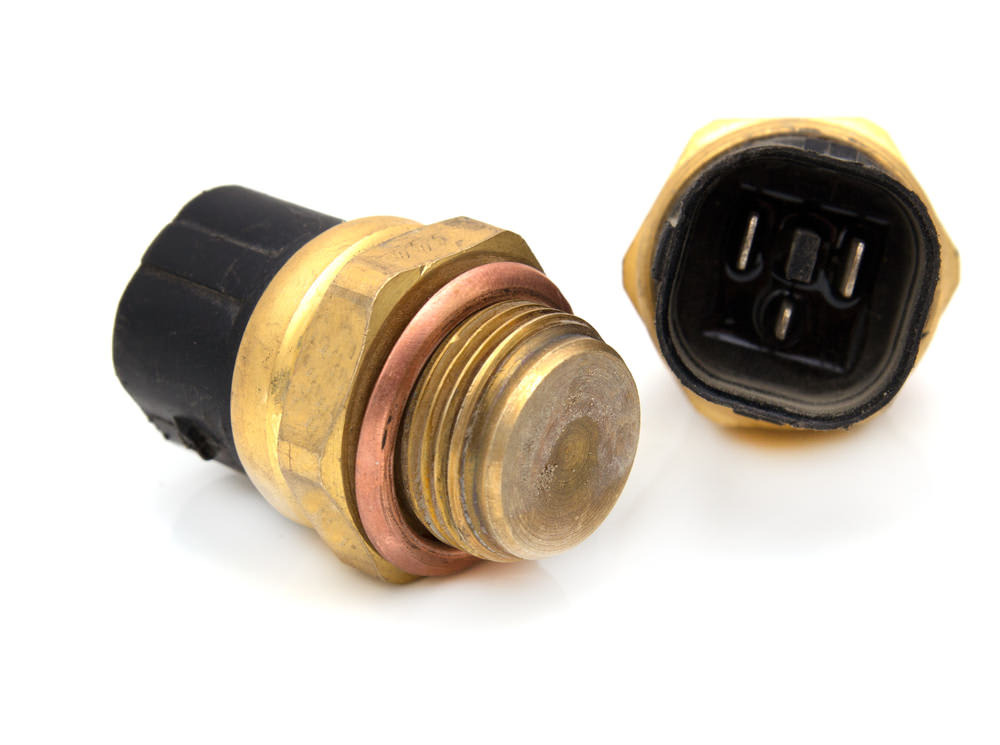
Credit: www.yourmechanic.com
Frequently Asked Questions Of Can A Bad Knock Sensor Cause A Car Not To Start
Can A Faulty Knock Sensor Prevent Engine Starting?
A bad knock sensor can lead to starting issues. It may cause incorrect fuel mixtures or ignition problems, resulting in the engine not cranking over. However, it’s typically not the primary cause of a car failing to start.
Are Knock Sensor Issues Quick To Diagnose?
Diagnosing knock sensor problems can be straightforward with the right tools. Mechanics use diagnostic scanners to check for error codes that indicate sensor issues. Physical inspection of the sensor’s condition can also provide clues.
What Symptoms Indicate A Bad Knock Sensor?
Symptoms of a bad knock sensor include decreased fuel efficiency, rough engine idling, and audible knocking noises. The check engine light might also activate as the car’s computer detects sensor malfunctions.
How Urgent Is Replacing A Faulty Knock Sensor?
Replacing a failing knock sensor is relatively urgent to prevent engine damage. Ignoring it can cause further problems, like reduced engine performance and increased emissions, which might lead to costlier repairs.
Conclusion
Wrapping up, a faulty knock sensor can indeed trigger start-up issues in your car. While not always the direct culprit for ignition failures, it plays a critical role in engine management. Remember, prompt attention to sensor problems preserves your vehicle’s health and performance.
Keep your car starting smoothly by watching for the warning signs.

